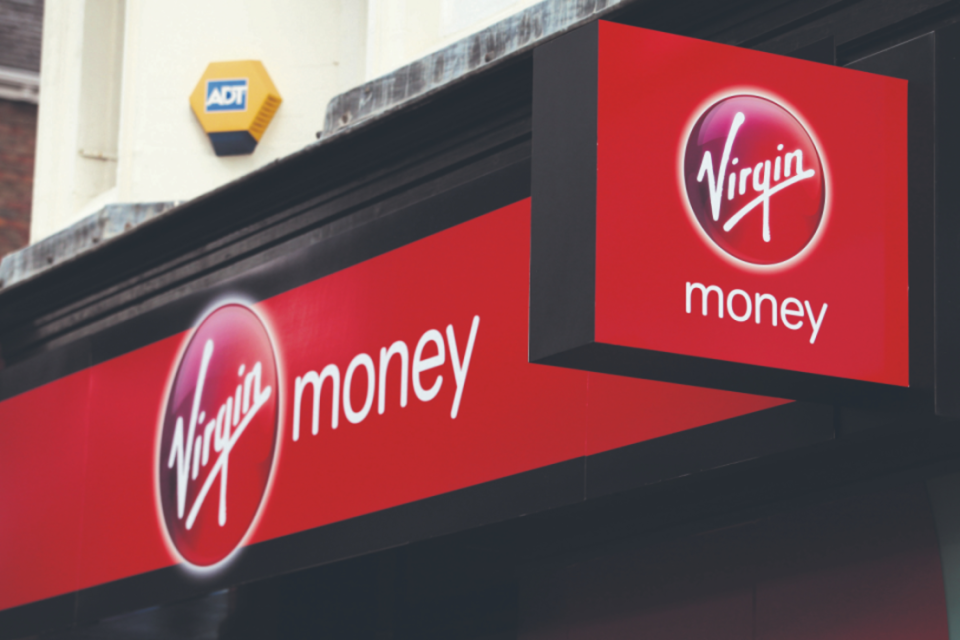Virgin Money warns of margin and cost pressures as Nationwide merger looms

Virgin Money has posted a rise in profit but warned of margin pressure and limited cost savings for the second half of the year as it gears up for a mega-merger with Nationwide.
The bank reported a pretax profit of £279m for the six months ending 31 March 2024, up from £236m in the same period a year prior.
It was boosted by higher net interest income—the difference between what it pays out to savers and receives in interest from loans—rising to £868m from £855m year on year. Virgin Money’s net interest margin (NIM) rose three basis points to 1.94 per cent.
While major UK lenders enjoyed a profit boost from the Bank of England’s interest rate hikes last year, they are now under pressure to offer customers better deals, with policymakers expected to start lowering borrowing costs in August or September.
On Thursday, Virgin Money said it expected its NIM to be lower in the second half of the current financial year than the first – within a previously guided range of 190 to 195 basis points.
Virgin Money added that its programme targeting £200m in gross annualised cost savings would now have a more limited impact and present “further headwinds” as it prepares for what stands to be the UK’s biggest banking merger since the financial crisis.
The UK’s sixth-biggest high street bank is set to be acquired by Nationwide, Britain’s largest building society, for £2.9bn. The deal shocked the City when it was first unveiled in March.
Virgin Money said its ongoing cost-saving programme would now only “partially” mitigate inflation and continuing investment over the rest of the financial year, given “certain restructuring activities” that were due to take place later in the year being deferred due to the takeover deal.
The bank said it expected a higher cost to income ratio – a key measure of efficiency where lower is better – in the second half.
The bank said it had realised around £150m of annualised gross cost savings over the six months, compared to £130m last financial year, which included “benefits from sourcing, digitisation and organisational design”.
“We have continued to make good progress post the period-end and the programme remains important to help offset headwinds from investment and inflation, including from annual wage rises, as well as maintaining resilience and service levels,” said chief executive David Duffy, who is due to retire following the merger.
Virgin Money announced in February that it had laid off some 150 staff during its first quarter and expected more job cuts during 2024.
The proposed merger with Nationwide is currently being probed by the Competition and Markets Authority, with an outcome due by 26 July.
Elsewhere, Virgin Money said its lending book remained “relatively stable”, with gross lending mostly flat over the six months at £73.3bn.
Its mortgage balances fell 1.5 per cent to £56.63bn, which it blamed on the interest rate environment and cost of living pressures tempering purchasing activity “albeit with signs of improved market activity levels since January”.
Business lending increased 6.7 per cent, while unsecured balances grew 3.2 per cent. Virgin Money said it continued to expect five per cent to 10 per cent growth across these “target segments” in the full year.

 Yahoo Finance
Yahoo Finance 